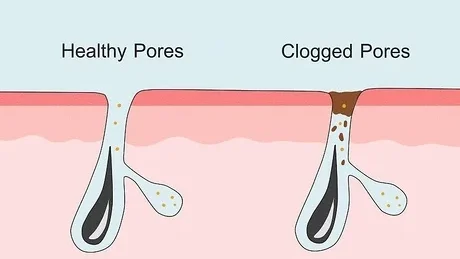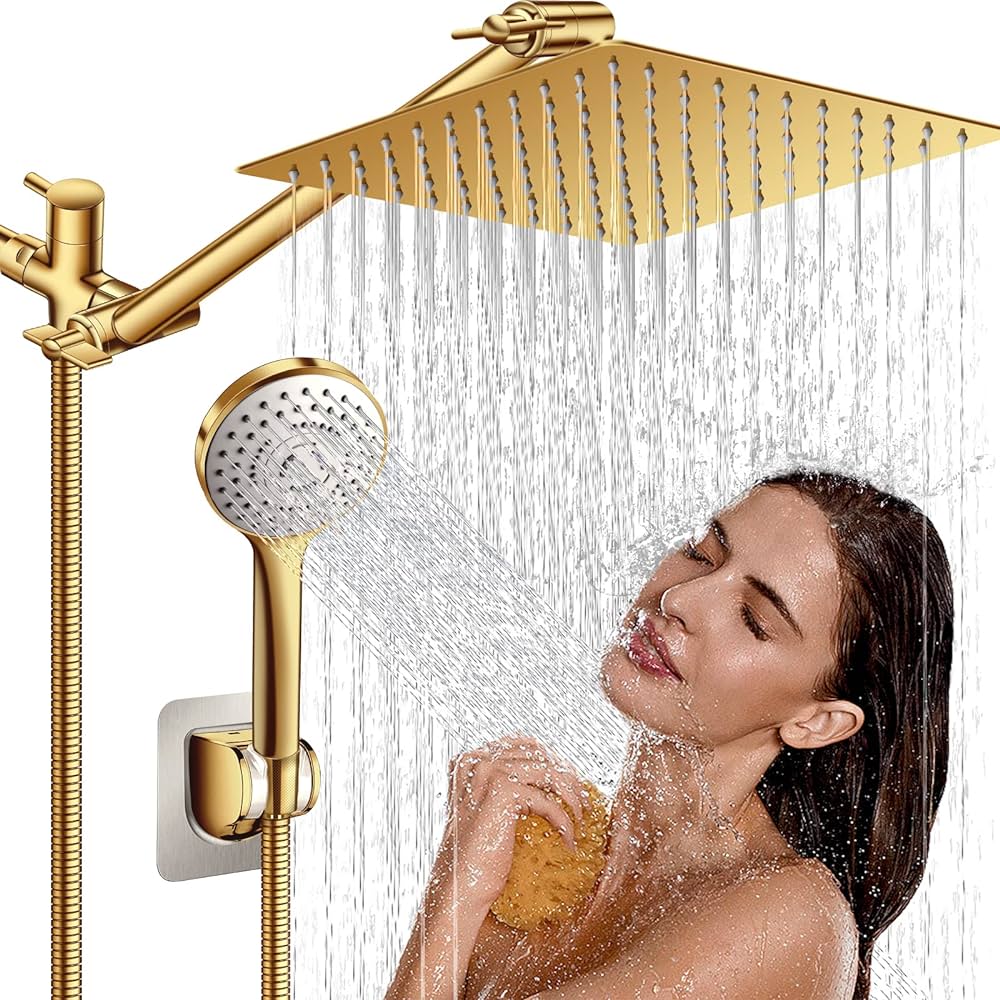Acne on the body after showering can be frustrating and puzzling, especially when you expect cleanliness from the bathing process. Several factors can contribute to this phenomenon:

- Clogged Pores:
Hot water and steam from the shower can open up pores, making it easier for dirt, oil, and dead skin cells to accumulate and clog them. When pores become clogged, it creates a favorable environment for acne-causing bacteria to thrive, leading to breakouts on the body. - Residual Products:
Some shampoos, conditioners, body washes, and soaps contain ingredients that can clog pores or irritate the skin, leading to acne. Residue from these products may remain on the skin after rinsing, especially if not thoroughly removed. Look for non-comedogenic or “oil-free” products that are less likely to clog pores. - Over-washing:
While cleanliness is important, over-washing or excessive scrubbing can strip the skin of its natural oils, leading to dryness and irritation. In response, the skin may produce more oil to compensate, potentially leading to breakouts. Limit shower time and avoid harsh scrubbing or using abrasive tools on the skin. - Sweat and Moisture:
After a shower, residual moisture and sweat can accumulate on the skin, particularly in areas prone to friction or trapped moisture, such as the back, chest, and buttocks. This warm, moist environment can promote bacterial growth and contribute to acne flare-ups. - Skin Sensitivity:
Some individuals may have sensitive skin that reacts to certain fabrics, detergents, or environmental factors present in the shower, leading to inflammation and acne. Consider using hypoallergenic laundry detergents and avoiding harsh fabrics or abrasive loofahs that can irritate the skin. - Hormonal Factors:
Fluctuations in hormone levels, particularly during puberty, menstruation, pregnancy, or menopause, can influence oil production and lead to increased acne breakouts. Hormonal changes can affect the skin’s response to cleansing and may contribute to post-shower acne.
To help prevent acne breakouts after showering, consider the following tips:

- Use lukewarm water instead of hot water to avoid stripping the skin’s natural oils.
- Choose gentle, non-comedogenic cleansers and body washes formulated for acne-prone skin.
- Shower shortly after sweating to remove excess oil, dirt, and bacteria from the skin.
- Pat the skin dry gently with a clean towel after showering instead of rubbing vigorously.
- Moisturize the skin with a lightweight, oil-free moisturizer to maintain hydration without clogging pores.
- Consider consulting a dermatologist for personalized recommendations and treatment options if acne persists or worsens despite home care measures.
By addressing potential triggers and adopting a gentle skincare routine, you can minimize the risk of developing acne on your body after showering and promote healthier, clearer skin overall.
